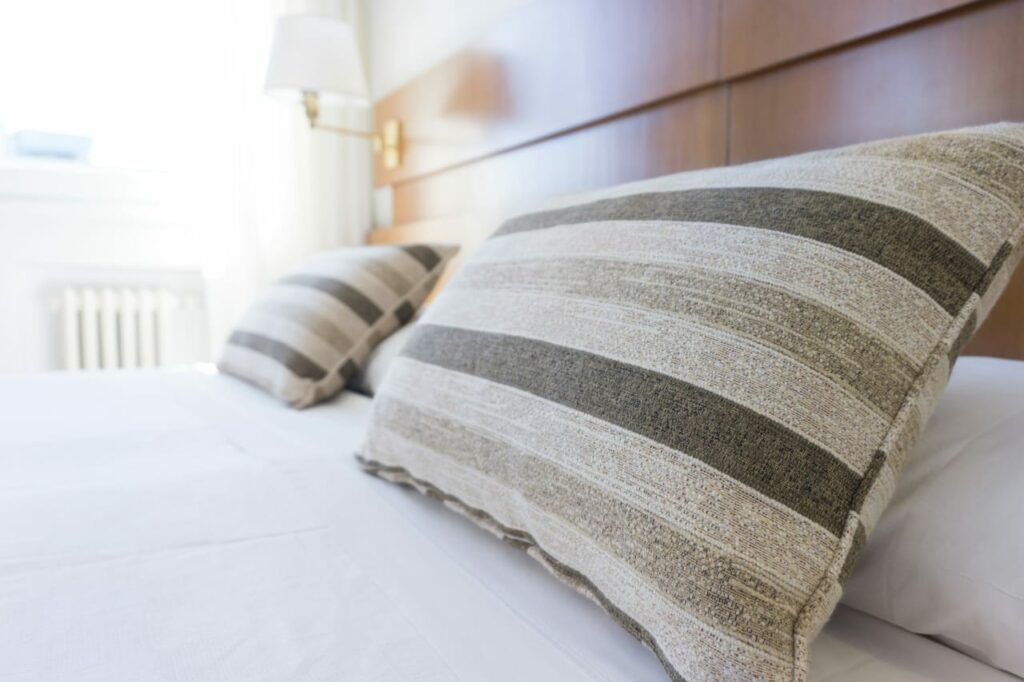Patio pavers are a beautiful addition to any outdoor space, providing a durable and aesthetically pleasing surface for your patio or walkway. Whether you’ve recently installed patio pavers or they’ve been part of your outdoor decor for some time, regular maintenance and cleaning are essential to keep them in top-notch condition.
What are Patio Pavers?
Patio pavers, also known as paving stones, are individual units or bricks used to create a hard and level surface for outdoor areas. These versatile elements come in various materials, such as concrete, natural stone, and brick, allowing homeowners to choose a style that complements their outdoor aesthetics. In the realm of patio pavers, Unilock pavers stand out as a premium choice, known for their exceptional quality and diverse design options.
Importance of Maintaining and Cleaning Patio Pavers
Maintaining and cleaning patio pavers is not just about aesthetics; it’s a crucial step in ensuring the longevity and functionality of your outdoor space. Neglecting proper care can lead to issues like stains, weed growth, and even structural damage, compromising the beauty and durability of your patio.
Benefits of Maintaining Patio Pavers
Regular maintenance goes a long way toward increasing the lifespan of your patio pavers. As these elements are exposed to the elements, seasonal changes, and foot traffic, proactive care helps prevent wear and tear, ensuring they withstand the test of time.
Enhanced Aesthetics
Clean and well-maintained pavers contribute significantly to the overall appeal of your outdoor space. A pristine patio not only welcomes guests but also creates a visually pleasing environment for relaxation and entertainment.
Cost Savings on Repairs
Proactive maintenance is an investment that pays off in the long run. By addressing issues early and consistently caring for your patio pavers, you can avoid costly repairs or even the need for a complete replacement, saving you both time and money.
Types of Patio Paver Materials
Patio pavers come in various materials, each with its own unique characteristics. Concrete pavers are known for their affordability and versatility; natural stone pavers exude a timeless elegance; and brick pavers add a classic touch. Understanding these materials is crucial for tailoring your maintenance practices.
Characteristics of Each Material
To keep its beauty and structural integrity, each substance requires different care. For instance, while concrete pavers are resilient, they may benefit from regular sealing, and natural stone pavers may need specialized cleaning to preserve their distinct textures and colors.
Regular Cleaning Practices
Regular sweeping is the first line of defense against dirt and debris buildup. By keeping your patio free of loose particles, you reduce the risk of stains and potential damage caused by abrasive materials.
Stain Removal Techniques
Addressing stains promptly and effectively is crucial for preserving the pristine look of your patio. Depending on the type of stain and material, you might use a combination of mild detergents, water, and gentle scrubbing.
Preventing Weed Growth
Proactive measures to prevent weed growth between pavers not only maintain the aesthetics but also prevent potential structural issues. Regularly inspect and treat the joints between pavers to discourage weed growth.
Final Thoughts
In conclusion, investing time and effort into maintaining and cleaning your patio pavers is a worthwhile endeavor. By following the tips outlined in this guide, you’ll not only preserve the beauty of your outdoor space but also ensure the longevity of your patio pavers.
Frequently Asked Questions (FAQs)
A. How often should I clean my patio pavers?
The frequency of cleaning your patio pavers depends on factors such as the local climate and foot traffic. In regions with more inclement weather, or if your patio sees heavy use, cleaning at least twice a year is advisable. Regular cleaning helps prevent the buildup of dirt, stains, and other contaminants.
B. Can I use bleach to remove stains from patio pavers?
While bleach can be effective in removing stains, it’s essential to use caution. Always dilute bleach according to the manufacturer’s recommendations, and test it in a small, inconspicuous area before widespread application. Some paver materials may be sensitive to bleach, so alternative stain removal methods might be preferable.
C. Is it necessary to seal patio pavers?
Sealing your patio pavers is generally recommended, as it provides an additional layer of protection against stains, color fading, and weathering. Sealing is particularly important for high-traffic areas or where pavers are exposed to harsh elements. It’s advisable to reapply the sealer periodically according to the product guidelines.
D. What tools do I need for DIY cleaning?
Basic tools for DIY patio paver cleaning include a stiff broom, a power washer, mild detergent, and a bucket. The broom helps sweep away loose debris, the power washer is effective for deep cleaning, and the mild detergent aids in stain removal. Additional tools, such as a soft brush for delicate surfaces, might be necessary based on the specific cleaning requirements of your pavers.
New Report: 1 in 4 Have Found a Camera at a Vacation Rental(Opens in a new browser tab)
E. Are professional cleaning services expensive?
The cost of professional patio paver cleaning services can vary depending on factors such as the size of the area, the extent of cleaning required, and your geographical location. While there is an upfront cost, professional services can save you money in the long term by preventing major issues and preserving the integrity of your patio. Obtain quotes from reputable service providers in your area to make an informed decision based on your budget and specific needs.
